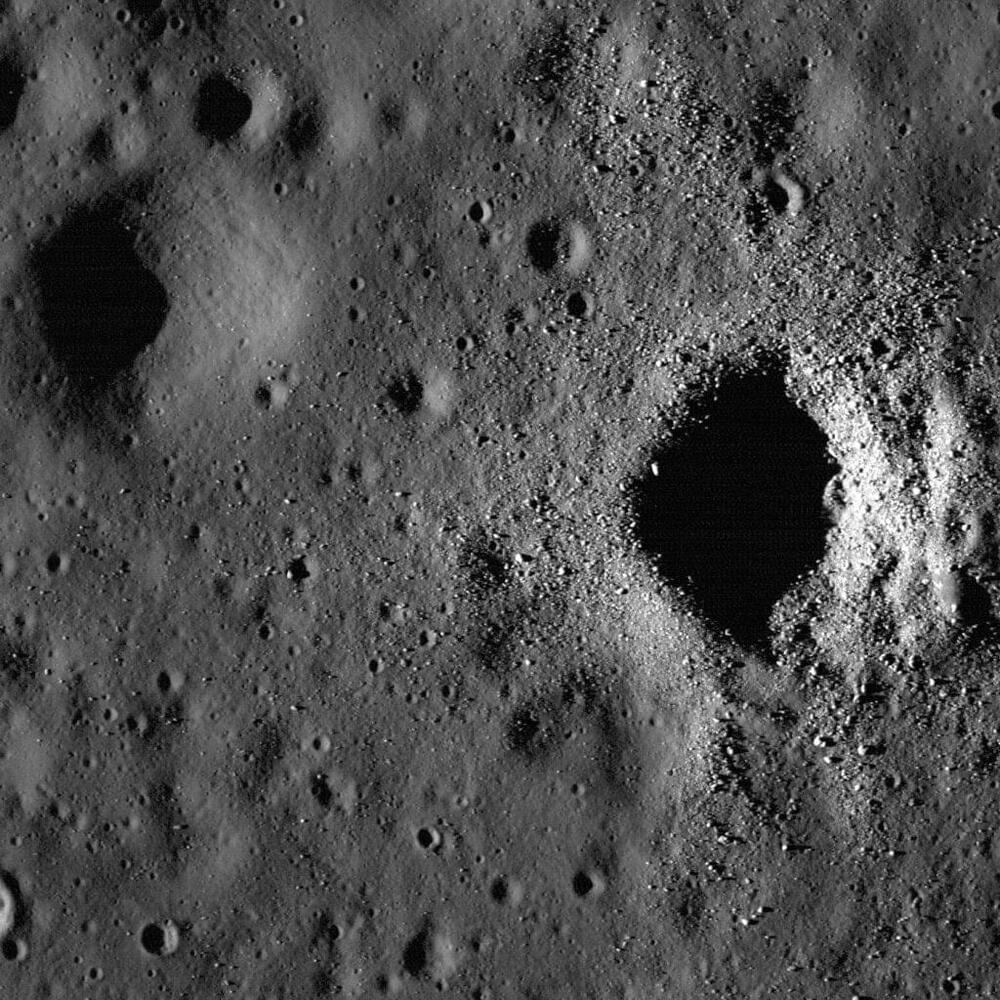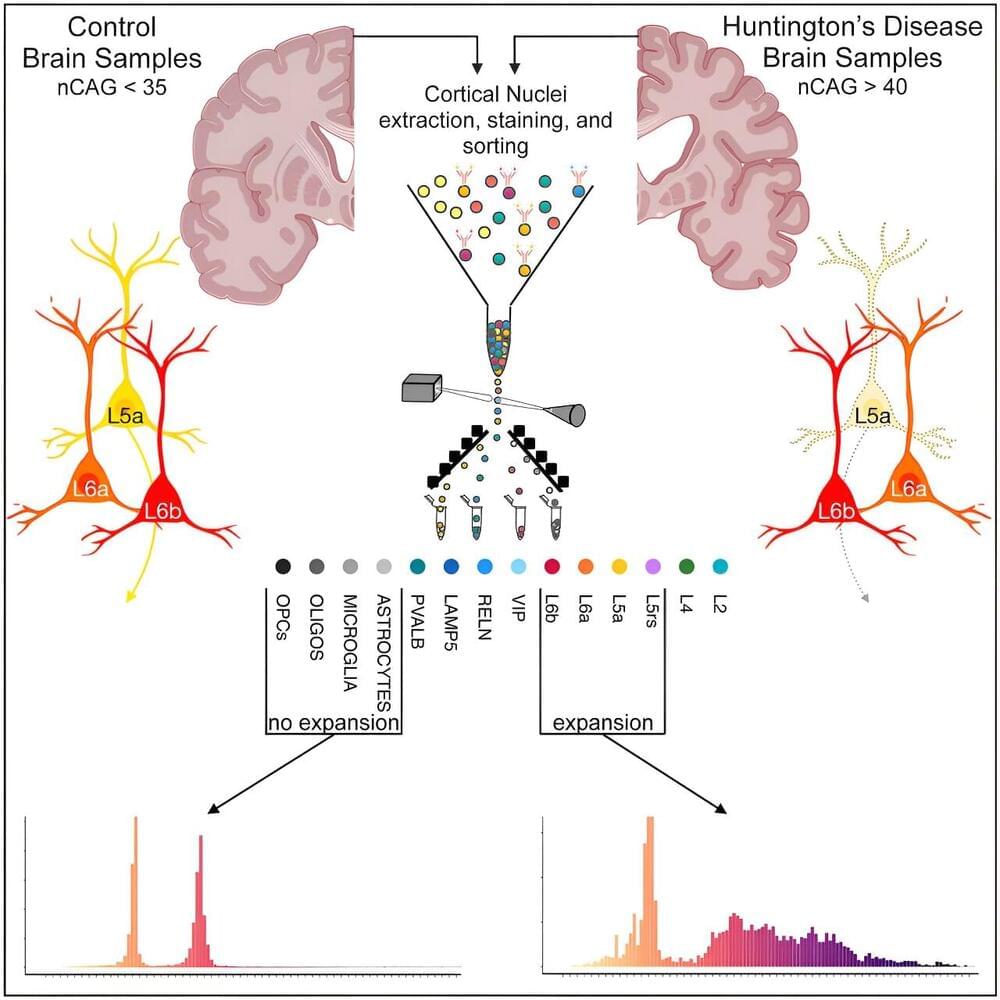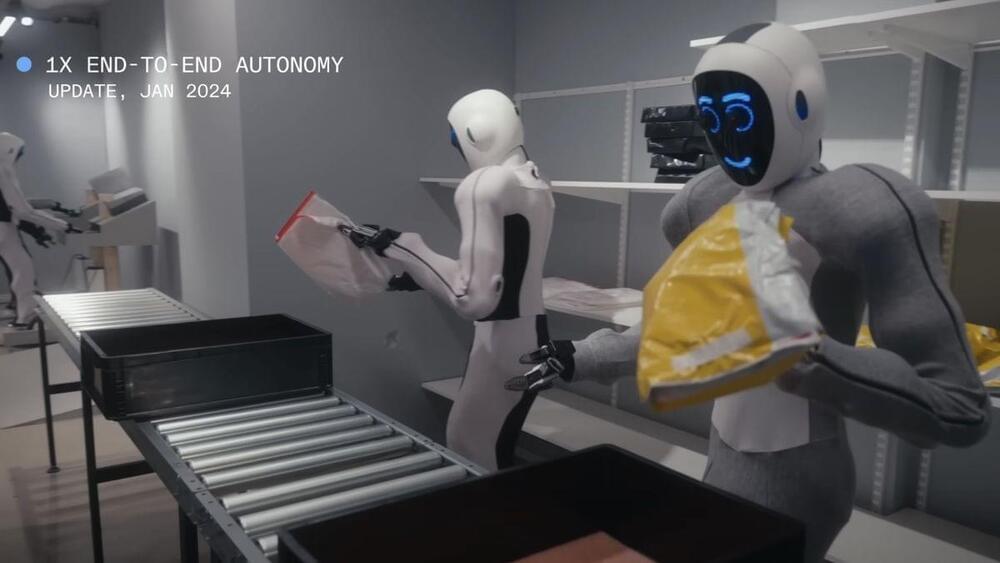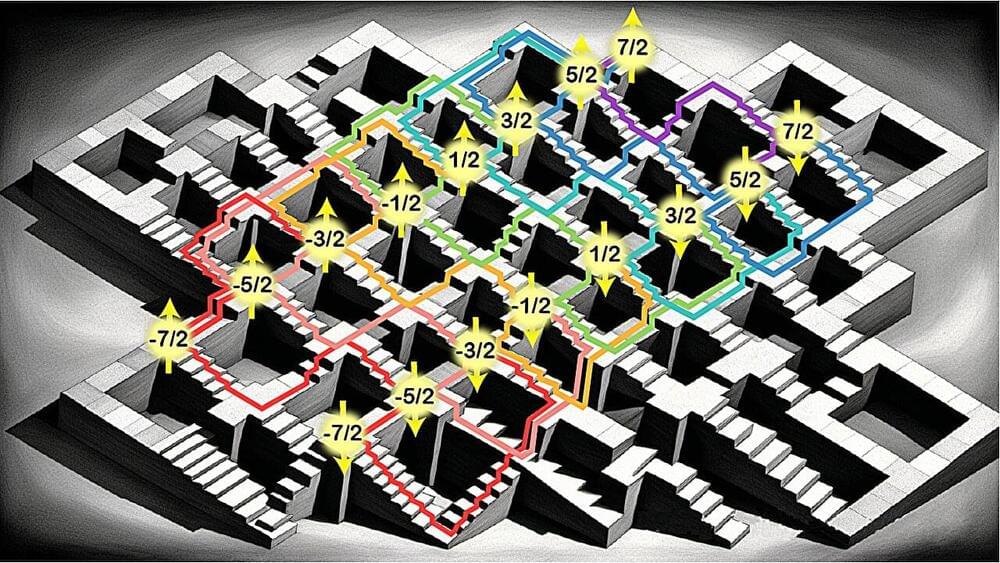The lunar sample returned by China’s 2020 lunar mission contained minerals that provide clues to their origin. China’s Chang’e-5, the first lunar sample return mission since the Soviet Union’s Luna 24 in 1976, delivered 1.73 kilograms of regolith from the Oceanus Procellarum, a plane named for its vast size. The sample landed with CE-5 in late 2020 and included a new mineral, Changesite-(Y), as well as a perplexing combination of silica minerals. Researchers now compare CE-5’s material composition to other lunar and Martian regolith samples and examine potential causes and origins for the lunar sample’s unique makeup.
Earth’s moon achieved its Swiss cheese appearance from celestial objects crashing into its surface, forming impact craters. But craters weren’t all that was left behind; the intense pressure and temperature of such a collision also impacts the rocks and dust covering the lunar surface, known as regolith, altering its mineral composition and structure. Analyzing the resulting minerals provides modern researchers clues to the moon’s past.
China’s Chang’e-5, the first lunar sample return mission since the Soviet Union’s Luna 24 in 1976, delivered 1.73 kilograms of regolith from the Oceanus Procellarum, a plane named for its vast size.









